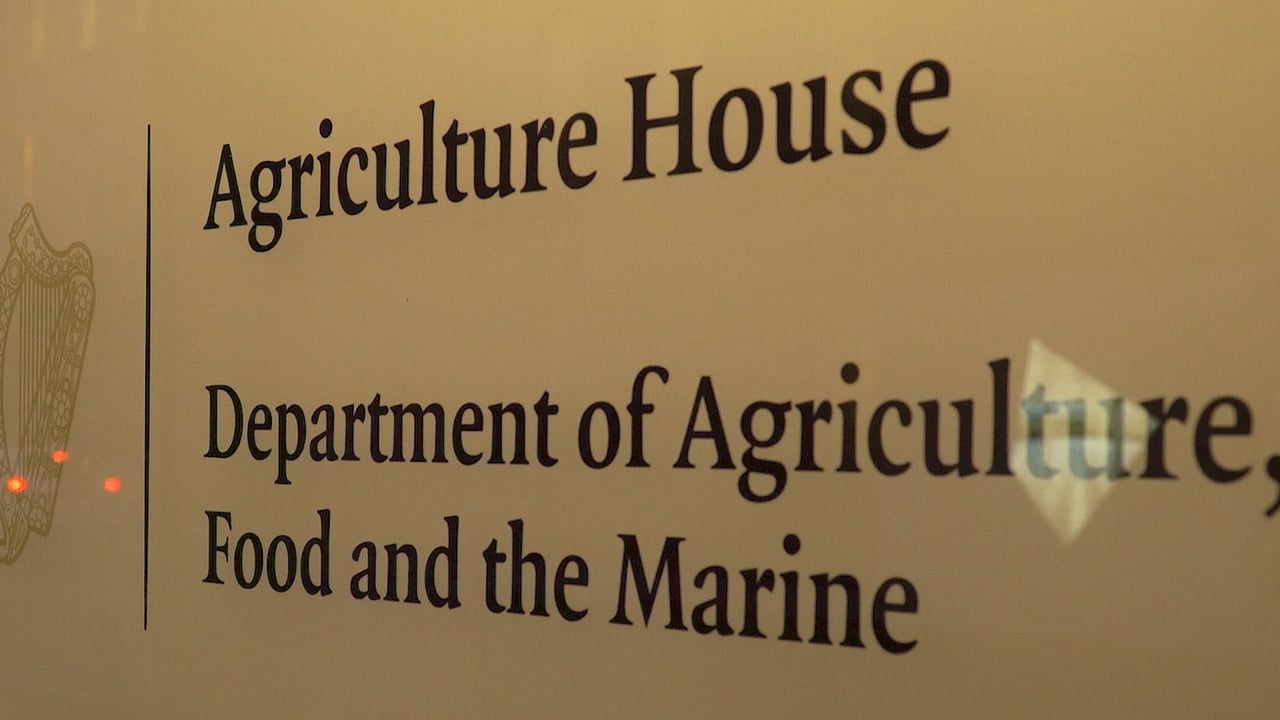Agricultural Appeals Office outlines recommendations for DAFM
The Agricultural Appeals Office has outlined a number of recommendations to the Department of Agricultural, Food and the Marine (DAFM) based on appeals it received in 2024.
The Agriculture Appeals Office annual report noted that, when compared with the ten-year average of 630, this represents a decrease of 23%.
Apart from outlining facts and figures on appeals for 2024, the report also includes recommendations for both the department and farmers who may wish to make an appeal.
The recommendations for the department cover improvements to scheme administration that could be made to offset confusion for farmers, and thereby make an appeal unnecessary.
The report suggests that scheme terms and conditions should be unambiguous and have clear definitions and eligibility requirements.
In multiannual schemes, the department should consider issuing "bulletins" to scheme participants as to what must be achieved in the scheme year ahead, the report said.
The report also said that the appeals office receives a significant number of appeals where the farmer believed that an on-line application had been submitted, but in fact, no application had been submitted.
For that reason the appeals office has suggested an automatic receipt confirmation be sent to the email of the farmer/agent, confirming that an application has been successfully submitted.
Also, where participation in a scheme is based on notification to a herdowner, such notification should be issued by registered post, or uploaded to Agfood and accompanied by a text message alerting the farmer of a new letter.
For example, new entrants to the Areas of Natural Constraint (ANC) Scheme are required to meet minimum stocking levels "within 10 days of receiving their herdnumber". As letters are not registered, there is no means of verifying the date the letter was issued or received.
The report went on to recommend that inspection reports on land eligibility should include the details of the evidence found on land in respect of “no agricultural activity” findings; for example, descriptions of vegetation; access to parcels; and evidence of animals present or not present.
Penalty notifications and decision letters applying sanctions should in all cases clearly identify the scheme name; the terms and conditions; the relevant year; and the specifications under which the penalty/sanction is applied.
Control reports should specify all instances of non-compliance found and leave no possibility for misunderstanding; for example, they should clearly indicate the location and any relevant area or lengths.
The report goes on to set out recommendations for the department to consider on a scheme-by-scheme basis, with the majority of those recommendations relating to the Targeted Agricultural Modernisation Scheme (TAMS), particularly where the department claims that investment work began before approval.
It is recommended, when the application is initially processed, that a letter is sent to the farmer informing him/her of the "vital importance of not commencing work", especially on fixed investments, before approval has been issued.
This instruction should be in the body of the letter and in bold type, according to this recommendation.
The report noted that an asset must be paid for by the farmers from their own bank account, and that the farmer must take ownership and possession of the asset, before the payment claim under TAMS is made.
To address any confusion on this matter, it is recommended that the department ask "direct questions" at payment claim stage.
Sanctions should be definitive when set out in the terms and conditions, avoiding terminology that may be ambiguous - such as the word ‘may’ - when specifying the rate or level of sanction.
The department should always specify, having regard to the terms and conditions breached and/or the scheme penalty schedule, the basis for the sanction applied.
For example, where full ownership of an item has not been transferred to the applicant prior to the payment claim and there will be no grant aid paid, the sanction should be specified in the penalty schedule.
Other recommendations across other schemes include:
- Complimentary Income Scheme - Young Farmers (CIS-YF): As a significant number of appeals arise due to applicants failing to demonstrate financial and managerial control over the farm, it is recommended that it should be made clear to farmers that there it no "transitional period" in this regard;
- Suckler Carbon Efficiency Programme (SCEP): It is recommended that the department provide clear explanation when rejecting a farmer's request for a review, and refer to the specific scheme criteria concerned;
- Agri Climate Rural Environment Scheme (ACRES): A number of applicants found themselves ineligible for certain actions due to selecting the wrong option on the drop down menu. To address this the department should include a warning system on the online system asking farmers to re-confirm the action.





